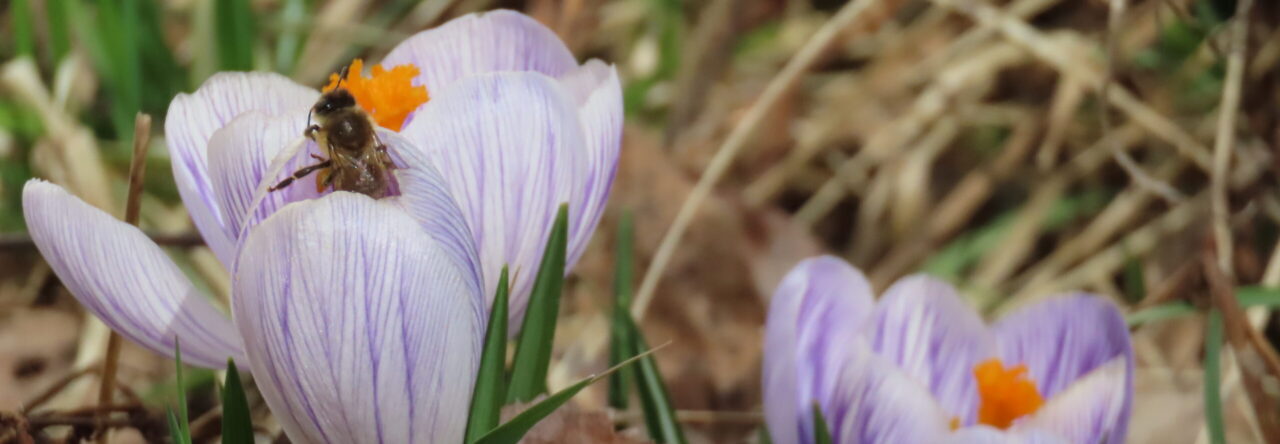For the October 25th Professional Development Day, I did two workshops through POPARD.
The first was “Supporting Girls with Autism.” The workshop started by outlining how autism presents in girls compared to boys. It’s also diagnosed in girls later, usually around 5.4 years old compared to 3.9 years old in boys. Autism in girls is more about listening to their experiences than seeing how they present to the world. It’s more often camouflaged in girls. Characteristics of autism in girls can include less externalized behaviours, more iternalizing, self-directed learning, less restricted interests, more gender typical interests, and highger social motivation. It’s usually accompanied by social-emotional challenges. Supports include foster identity and creating an awareness of strengths and challenges, being inclusive of differences, connections with people with shared interests, and supporting mental wellness. The workshop also expressed the importance of teaching social safety and teaching about hygiene, puberty, and menstruation in advance in connection with their adults at home.
The second workshop was “Helping Students with Autism Build Friendships.” It started with breaking down the evolution of friendships as kids develop and what kids percieve to be a friend as they grow and change. It’s important to teach kids with autism what a friend is based on their current developmental age rather than expecting them to understand what a kid 5 years older than them would call a friend. Kids with autism are still socially motivated, they just have less social skills to build the friendships they desire. Peer-mediated instruction and intervention (PMII) is a method that can be used to for kids with autism to build friendships. It starts with choosing peers that would make good friends for the student and then teaching them how to interact with the autistic student prior to them playing together. Once they have been taught strategies for playing with the student, their play is monitored for progress. PMII can help both autisitc students and their peers build more friendships and networks and autisitic students can learn social skills from their peers in a natural setting while being included.
The handouts from the two workshops can be found below.

Leave a Reply